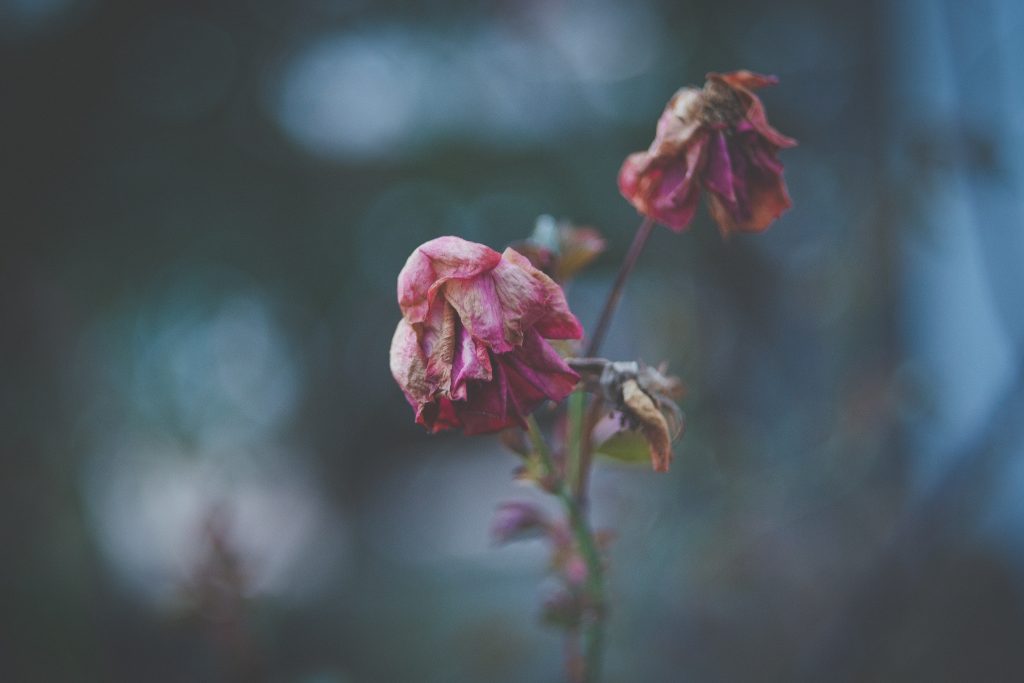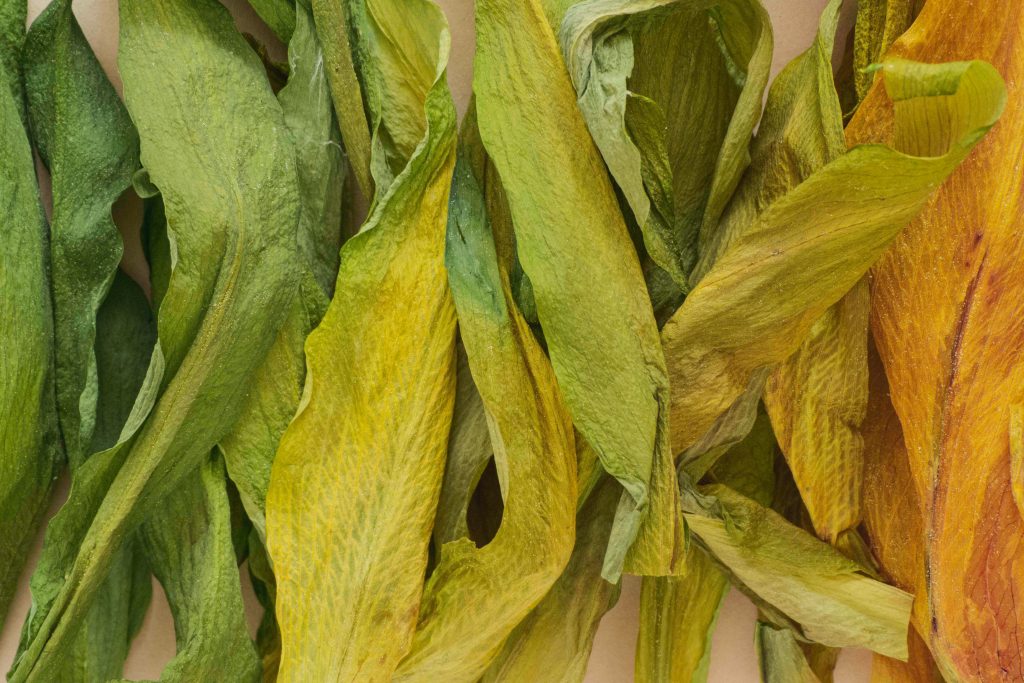 Oregon State University has an extension service called Ask an Expert, a question-answer tool designed to connect you to a faculty member with answers in two business days. With wildfires across Oregon causing smoky skies, gardeners have taken to the site to ask about the impact of smoke on their plants.
Oregon State University has an extension service called Ask an Expert, a question-answer tool designed to connect you to a faculty member with answers in two business days. With wildfires across Oregon causing smoky skies, gardeners have taken to the site to ask about the impact of smoke on their plants.
Jean Natter, OSU Extension Master Gardener Diagnostician, said it is safe to both harvest and store vegetables that were sitting in smoke, with the proper precautions. Natter said not to harvest in heavy smoke and that vegetables should be rinsed both outside and inside. Produce that can be peeled should be peeled, and outer leaves that could be removed should  be removed.
be removed.
Soil is a different story. In an article on Oregon Live, Kym Pokorny, a garden writer and communication specialist with OSU Extension service, said that ash was not going to make much of a difference on compost piles and garden bed. She explained that while ash does raise the pH of soil and has around 1-3 percent of soluble phosphorus and potassium, it is only on the surface and the rainfall around this time of year typically lowers soil pH.
Natter cautions those looking to prune shredded raspberry and tayberry bushes before allowing their roots to rehydrate, a process that could take several weeks. She said that the plants should be slowly watered and recommended organic mulch to slow evaporation. If the soil is dry enough that water runs off it, water in several cycles throughout the day and repeat in a week.
Wilted dogwood with brown spots may be another victim of dehydration. Along with mulching, Natter recommends that every three weeks the tree is deeply watered to at least eight inches.
Ash and heat not only effect hydration and pH, they also can impact flower color. Pat Patterson, OSU Extension Master Gardener, said that plant stress from things like drought or plant nutrition, as well as temperature, can cause a change in flower color.
By Hannah Ramsey
Do you have a story for The Advocate? Email editor@corvallisadvocate.com

